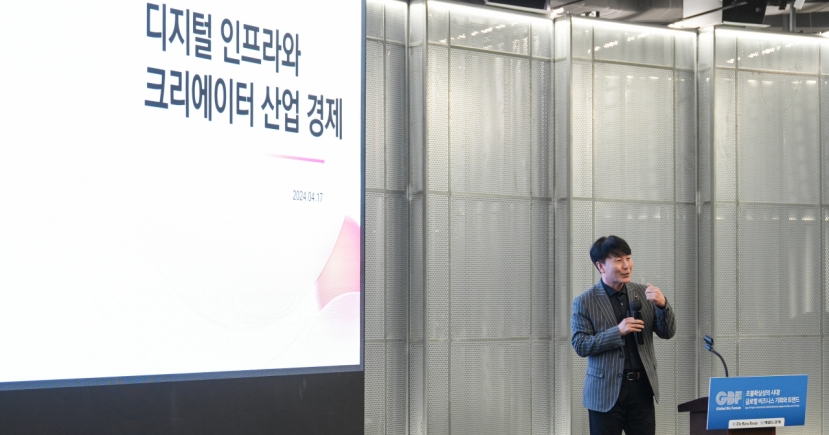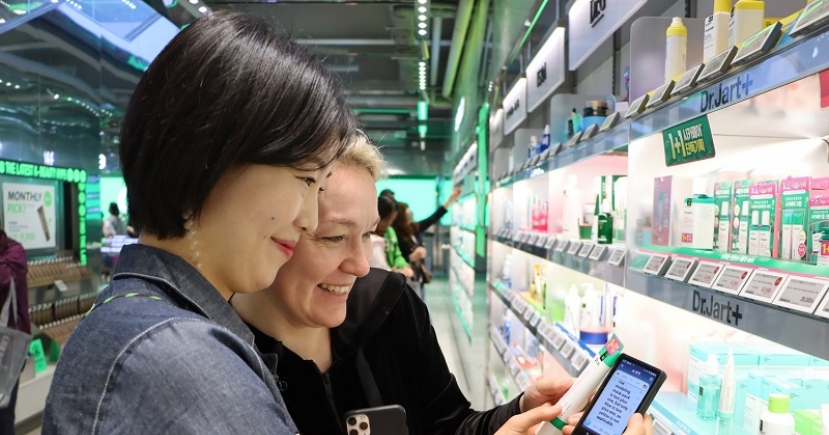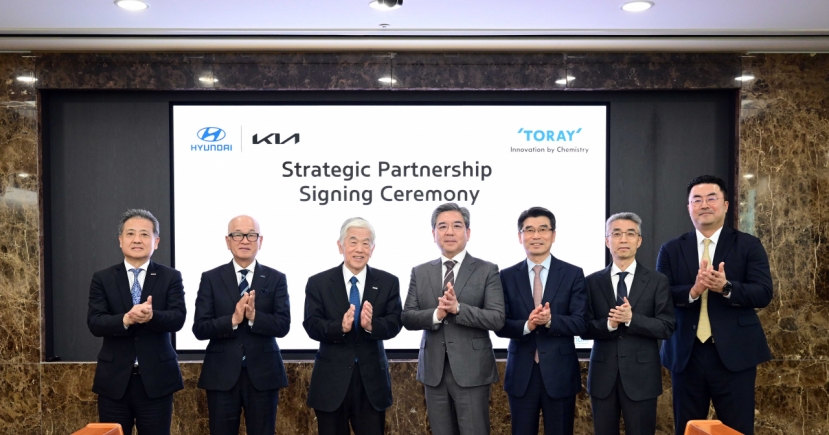Bio
Hurdles lie ahead for Korea's future industries
[THE INVESTOR] Faced with the continued slowdown of its manufacturing sector, South Korea companies are seeking new growth in future industries. But hurdles remain as they suffer from a lack of research and development investment and insufficient workforce amid the deteriorating global economy and intensifying market competition.
 |
The field of biotechnology is viewed as a promising industry geared for sharp expansion in the years ahead. Despite its potential, experts say Korea’s biotech sector faces many hurdles, including risks and failures associated with new drug development, immense costs of research and development as well as insufficient workforce trained in the life sciences.
Biotechnology broadly refers to the use of genetic engineering and molecular biology to modify living cells to produce novel substances that perform new functions. Its biggest applications are in “red biotechnology” -- the development of complex drugs based on living cells, proteins, blood components and other biochemicals.
The Korean government has set medical biotechnology, particularly new drug development, as a key priority, investing 2.38 trillion won in the local biotech sector in 2015, according to the Korea Biotechnology Industry Organization.
Korea was recently reminded of the difficulties of new drug development through a case involving Hanmi Pharmaceutical, a pioneering local drugmaker that has successfully developed multiple new drugs and licensed them out to global pharmaceutical firms.
In September, Hanmi announced that its partner Boehringer Ingelheim terminated a $730 million licensing deal it had entered with Hanmi over a new lung cancer therapy back in July 2015, after a patient died of the drug’s side effects during the drug’s phase 2 clinical trials overseas.
Hanmi’s shares plunged by more than 18 percent on the day of the announcement. The incident served as a humble reminder to Korean investors and the public of just how difficult it is to develop a new, safe and effective drug that can be approved and brought to the market.
“Hanmi’s case sheds light on the immense difficulties of new drug development,” Shinhan Investment & Securities analyst Bae Ki-dal said in a research note on Hanmi’s setback.
According to a June 2016 report by the US Food & Drug Administration on clinical success rates, there is only a 9.6 percent likelihood that a new drug in phase 1 clinical trials will be approved for sale. The figure is just slightly higher, 15.3 percent, for drugs in phase 2 trials.
Moreover, a majority of developing drugs do not advance to the final clinical trial stage. Only 30.7 percent of developmental drug candidates in phase 2 trials advance to phase 3, according to the FDA’s report.
In other words, new drug development demands immense time, R&D, money and patience. It is “a game of probability with low chances of clinical development success,” as described by Eugene Investment & Securities analyst Kwak Jin-hee.
Given the costs and difficulties of new drug development, some Korean firms have chosen to embark on the medical biotech business from a different entry point.
For instance, Samsung BioLogics is pursuing the contract drug manufacturing business -- making drugs on behalf of other biopharma firms -- while Celltrion and Samsung Bioepis are developing biosimilars -- cheaper, near-replicas of expensive biologic drugs that have lost patent protection.
However, whether it is new drug development or the production of existing biologic drugs and biosimilars, industry insiders agree on a key problem -- the lack of skilled employees specialized in the life sciences and biopharma production.
A 2015 KBIO survey of biotech companies on the current state of the biotech workforce showed that 37.6 percent of companies feel that there is a shortage of applicants with the right, needed skills and 33.9 percent said that applicants lack the right level of experience needed for a given position.
Eyeing this need, local universities and multinational companies have recently begun to take action, albeit on a small scale. It remains to be seen whether these efforts will help nurture Korea’s biotech workforce.
Last month, GE Healthcare and German life sciences firm Merck opened a new training center in Incheon’s Songdo district to provide technical assistance to companies looking to develop and produce new biologic drugs and technologies.
Throughout this year, Korean universities such as Incheon National University, Hanyang University, Dongguk University and Konkuk University have launched new academic programs focusing on field-based medical biotechnology such as biopharma production, product quality management, clinical trials as well as marketing and sales.
AI, smart cars
South Korea’s software capacity such as artificial intelligence and smart cars has much to be desired due to the lack of personnel, investment and partnership among industries, experts said.
According to data from Hyundai Research Institute, Korea’s AI technology is still at the 75 percent level compared to the nations holding the most advanced AI technologies.
Although the nation’s major tech firms including Samsung Electronics, LG Electronics, Kakao, Naver and SK Telecom have started the development of AI technologies, their capacities are still behind global tech firms.
“Korea’s AI technology is more than three years behind other advanced nations,” said Park Myung-soon, a chief of SK Telecom’s future technology R&D center.
This is because of the lack of investment especially in collecting big data, alongside the government’s regulations, she explained.
Insufficient technology in the AI area came from the lack of capacity in software, experts said.
“The investment and personnel in software by Korean tech firms including Samsung Electronics are still very inadequate compared to global companies such Apple and Google,” said Chung Tae-myung, a professor at Sungkyunkwan University’s Department of Software.
Samsung admitted it in June through an in-house broadcast, saying “Only 1 to 2 percent of Samsung Electronics’ software engineers are capable of entering Google,” denouncing its lack of software capacity.
Apart from artificial intelligence, Korea is still behind in the fields of smart cars and the convergence between cars and information technology, experts said.
“Despite the rising demand for information technology in the auto industry, Korean auto and tech companies are not able to satisfy the demand due to the lack of IT-related software personnel in both sectors,” said Hong Seong-soo, a professor at Seoul National University’s Electrical and Computer Engineering Department.
This is in stark contrast with the German automobile industry, which is full of IT vision and personnel, he added.
Alongside the lack of software experts, local auto and tech companies are unenthusiastic in cooperating with each other, industry watchers said.
“Although Korea’s auto and IT technology are at the world’s top level, the smart car industry has not yet developed to that level due to the lack of convergence between cars and IT,” said Kim Kyung-yoo, a researcher at Korea Institute for Industrial Economics & Trade.
The nation’s largest IT firm Samsung and auto giant Hyundai are currently lukewarm toward partnership although they continue to work with foreign firms including Israeli tech firm Mobileye, Google and Mercedes-Benz.
By Shin Ji-hye and Sohn Ji-young/ The Korea Herald
(shinjh@heraldcorp.com)(jys@heraldcorp.com)








